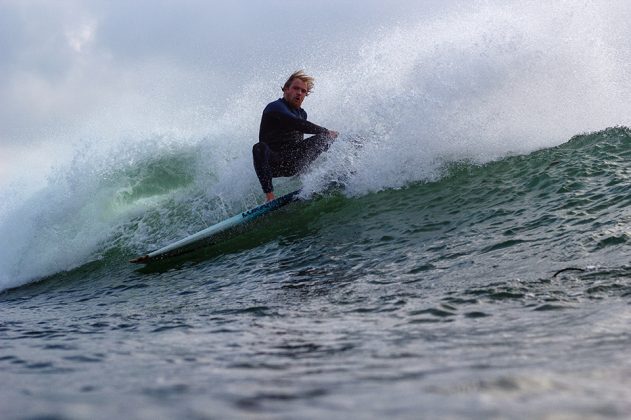I read a very interesting statement the other day that said ‘children don’t learn the language, they grow it’. And it got me thinking, what else don’t we learn?
With Editor Dom Moore
Originally published within the Summer ’17 edition
The man who said this was Noam Chomsky, the ‘father of modern linguistics’. Accordingly, of the 180 or so mutually intelligible languages on earth, every one of them has a system of nouns and verbs, or entities and events. And, these languages either use the English style syntax of ‘he paddled the board up the river’ or the Japanese style ‘the board he paddled the river up’. That’s it, one of two possible orders. What this suggests is that the rules of grammar are already within us and as we talk, we automatically start forming phrases according to the rules, rather than speaking in an infinite number of ways until we are corrected. A bit of a reach? Well, we all walk the same way without much thought, we can all agree on what the best technique for throwing something, hitting something, bending something is.
If you’ve ever taught a ‘quick learner’ how to paddle, you may have experienced this. Some people, without much encouragement, just automatically find the shoulder stack comes naturally to them. Do an image search of ‘tribesman paddling canoe standing up’ or similar and check the form on those people – guaranteed none of them have heard of Danny Ching but there they are, speaking the same ‘body English’. Stand up paddling is a fascinating window into how the we ‘learn’ things. Because we are able to eliminate so many elements by choosing easy paddling conditions, we can create a situation where the biggest factor is the paddler’s technique. By starting off slowly, they are giving their nervous system the opportunity to figure out what motor units need to be fired for the most efficient performance, a chance to find the deep grammar of functional movement. Sports and activities are powerful ways of us experiencing sensations which benefit us in other areas of life; for example: learning to be competitive, to cope with success and loss, to bond with a team, to discover your potential and limits. So could sport help us discover innate truths about human nature?
In an era where everything is up for question and traditional social customs and ways of life are being thrown under the wheels of ‘social justice’ it is possible there are people walking amongst us who have not been given a chance to listen to the natural order within themselves. Of course we need to make sure we have a fair society but it does seem that nowadays we have a situation where we’ve become dependent on the state and other external agencies to act us custodians to the sense of order, without which we’d all be running around offending each other in varying degrees. If we could just shut the noise off for a few moments…
Anyway, back to the paddle. Next time you’re on the water, be it searching for the perfect stroke technique, going to compress into a swooping bottom turn, looking for the next connecting train on a downwinder, consider that what you’re looking for isn’t located in a video tutorial, or even in the pages of a magazine, but already located instead between your ears.
“ Sports and activities are powerful ways of us experiencing sensations which benefit us in other areas of life; for example: learning to be competitive, to cope with success and loss, to bond with a team, to discover your potential and limits. So could sport help us discover innate truths about human nature ? ”
Photo; Aaron Rowe knew how to layback jam pocket rock-it like this before he even picked up a paddle. Photo Tim Axeford

